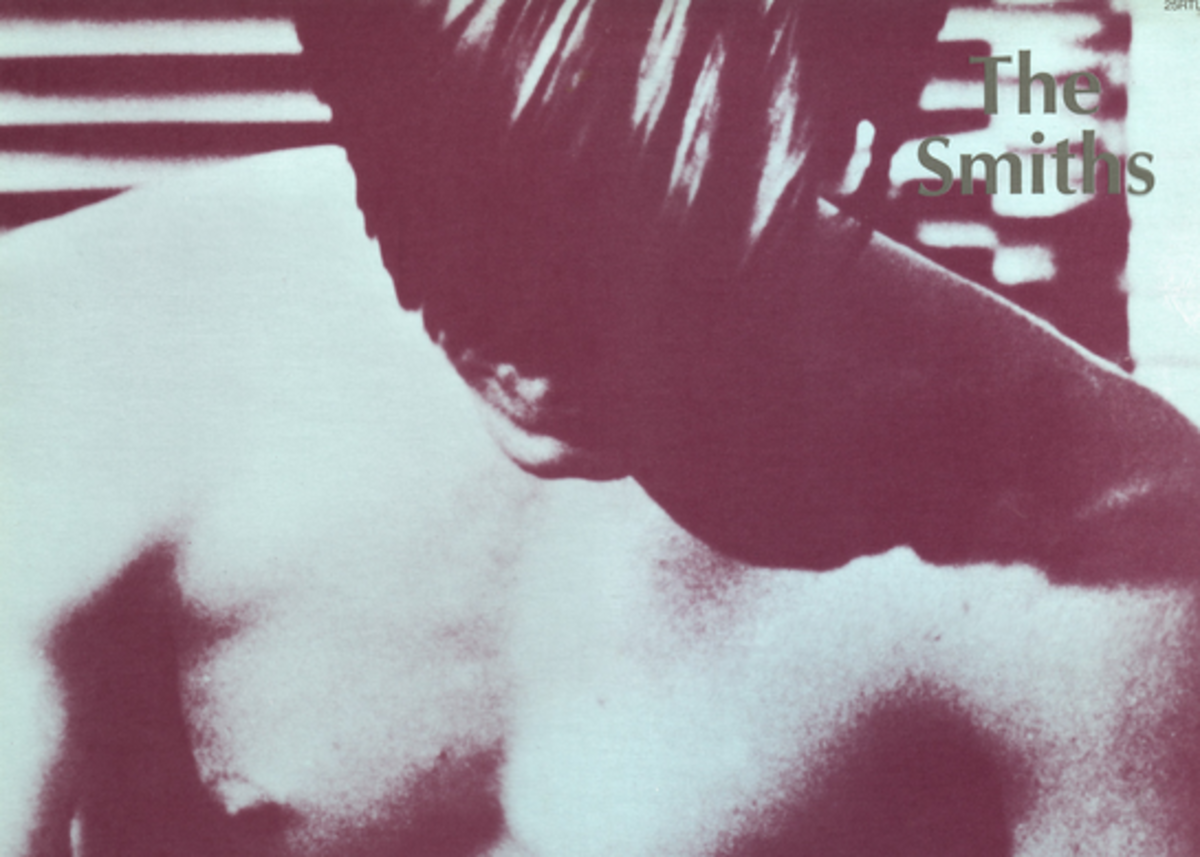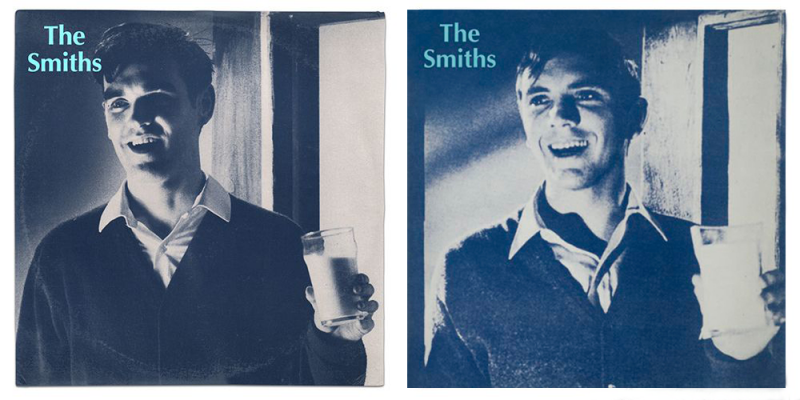On February 20th, 1984, The Smiths released their self titled debut LP on Rough Trade Records, an event integral to the history of indie music, as noted by Factory Records head Tony Wilson.
The album’s iconic sleeve features American actor Joe Dallesandro from Andy Warhol’s 1968 film Flesh.
Previously in May of 1983, The Smiths released their debut single “Hand In Glove”. The song was written in January of that 1983 between the first and third concert the band ever performed.
It is said that after receiving a demo tape from his song writing partner Johnny Marr, Morrissey quickly wrote the lyrics within the span of two hours, leading to the track being recorded in February at Strawberry Studios in Stockport, the same studio where Joy Division recorded “Love Will Tear Us Apart” three years earlier.
Though never acknowledged by Morrissey of Johnny Marr, the song’s lyrics arguably described a gay relationship in which it is commented on how people would react seeing the pair together in public. This an obvious reference to Morrissey’s thinly veiled sexuality.
“Hand In Glove” was later remixed as an album track for The Smiths 1984 self titled debut, and covered by 1960s era singer Sandie Shaw with The Smiths as her backing band that same year.
The only single truly released in promotion of The Smiths debut album was “What Difference Does it Make?”, which featured a sleeve with Terrance Stamp taken on the set of the film The Collector. Ironically, Stamp initially objected to his image being used on the cover, so the alternate version of the single with Morrissey (holding a glass of milk pre-veganism) is a collector’s item indeed.
The song title “What Difference Does it Make?” is inspired by a line from Ray Smith in the Jack Kerouac novel The Dharma Bums. The album track “Pretty Girls Make Graves” is also another example of Ray Smith’s dialog informing Morrissey’s songwriting.
In the interim between the release of “Hand In Glove”, and “What Difference Does it Make?” was the hit non-album single, “This Charming Man”. This song was another one of Morrissey’s compositions featuring lyrics alluded to homosexuality, which also culls dialogue borrowed from a cult film. Specifically the line “A jumped-up pantry boy who never knew his place” is taken from the 1972 film adaptation of Anthony Shaffer’s 1970 homoerotic play Sleuth.
“This Charming Man” was included as the sixth track on all original US releases of the album on Sire Records.
Some of the tracks on the album were subject to controversy in the music press such as “Reel Around the Fountain” and “The Hand That Rocks the Cradle” which some claimed condoned child abuse and pedophilia.
The former song, “Reel Around the Fountain”, is considered by some to be about a sex act nevertheless, which the “Reel” is the question if you consider it to be a noun.
The album-closing track “Suffer Little Children” created further controversy by its retelling of the Moors Murders, a series of child killings and sexual assaults committed by Ian Brady and his girlfriend Myra Hindley in the greater Manchester area during the early ’60s.
Morrissey in the song’s lyrics included the names on real victims of the murders, which prompted some retailers to refuse to sell the album upon its release.
















 Or via:
Or via: